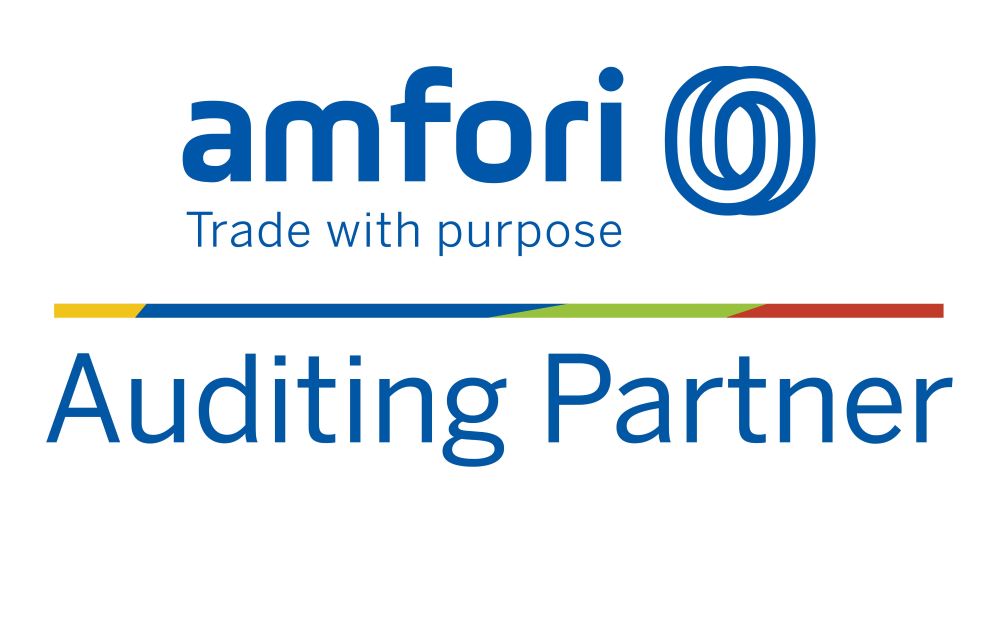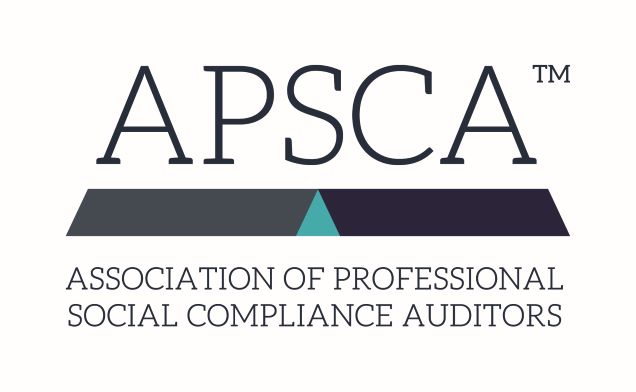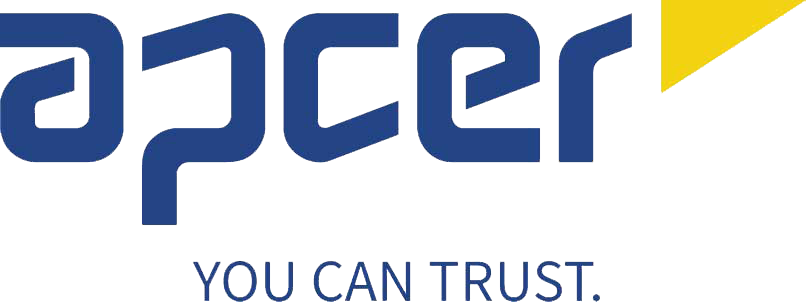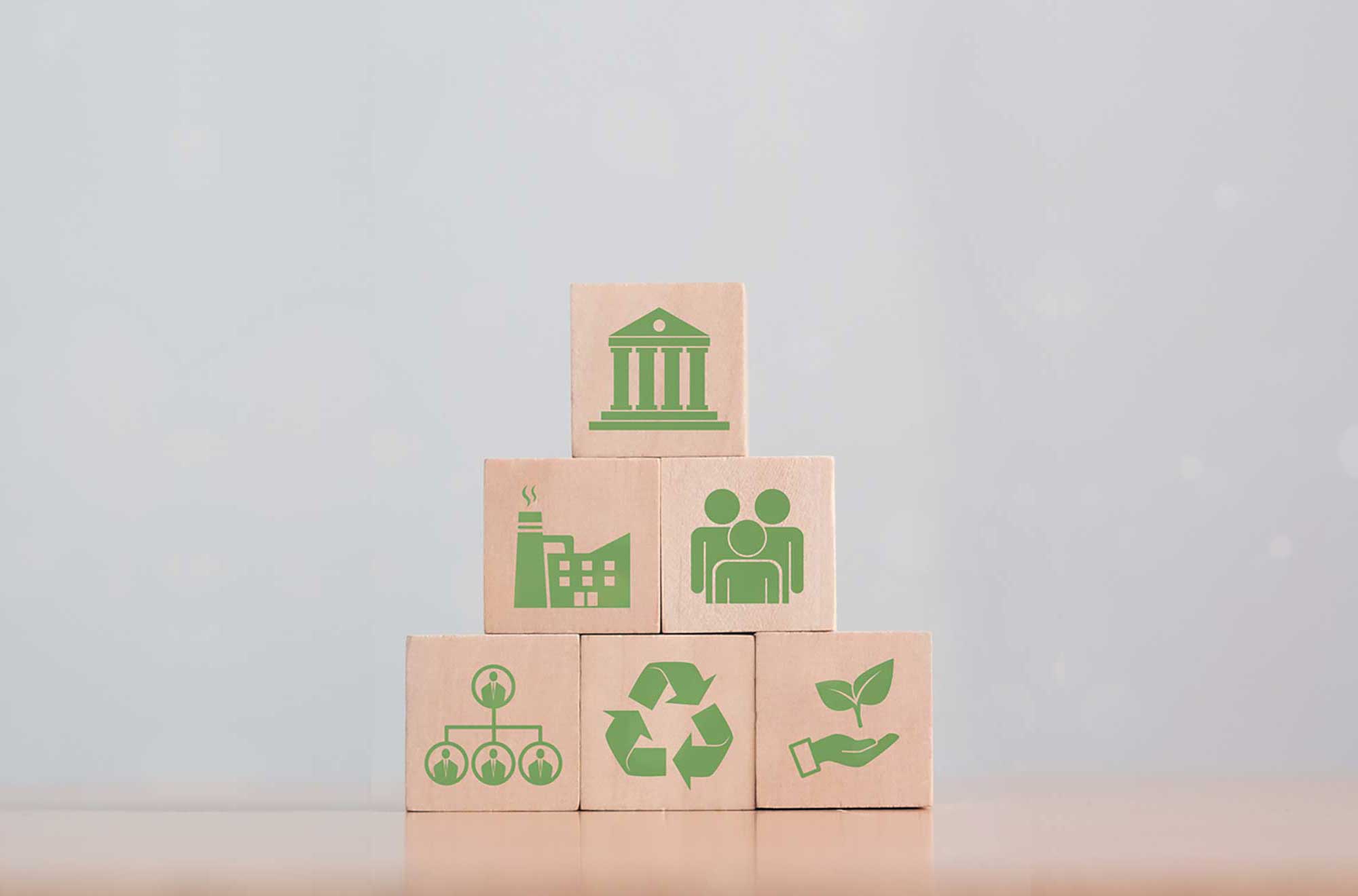What audit are you looking for?
APCER offers a range of internal and supplier auditing services, using suitably qualified auditors anywhere in the world. Evaluate the conformity of your products, services, processes and/or systems according to your needs.
Partners and Recognitions





About Supplier Audits
As a result of its extensive experience and knowledge in auditing in various sectors and according to a large number of national and international normative references, APCER has a team technically qualified to develop solutions according to the specifications of each organization.
Here are some examples of topics that, among others, can be incorporated into supplier assessment:
- Social Responsibility
- Sustainable Purchases
- Circular economy
- Food safety
- Legal compliance
Why audit your suppliers?
Demonstrate an ethical and responsible commitment;
Ensure fair working conditions;
Understand the different levels of supplier performance and associated risk;
Be an active part in the process of improving suppliers;
Strengthen Brand values.
Why APCER?
Capacity and competence in the development of customized solutions;
Highly qualified auditors;
Dedicated Client Manager;
Detailed reports and information relevant to the organization.
About SMETA audits
SEDEX (Supplier Ethical Data Exchange) is a global membership organisation dedicated to driving improvements in ethical and responsible business practices in global supply chains.
Sedex is home to one of the world’s leading collaborative platforms for buyers, suppliers and affiliate audit companies to store, share and report on information quickly and easily. It helps more than 50,000 members in over 150 countries to work together to better manage their social and environmental performance, and implement measure to protect people, the environment and their business. APCER is an AAC (Affiliate Audit Company) of SEDEX.
SMETA audits can be two-pillar or four-pillar:
Two Pillars
The two mandatory pillars for all SMETA audits are Labour Standards and Health and Safety, under which the following criteria are assessed:
- Universal Rights covering UNGP;
- Management Systems and Code Implementation;
- Freely Chosen Employment;
- Freedom of Association;
- Health & safety;
- Child Labour and Young Workers;
- Wages & Benefits;
- Working Hours;
- Discrimination;
- Regular Employment;
- Harsh or Inhumane treatment;
- Entitlement to work;
- Environment;
- Community Benefits.
Four Pillars
The two additional pillars in a 4-pillar audit include environmental requirements, in a more extensive form, and business ethics requirements, which go into greater detail on the social responsibility aspect of SMETA audits..
Why perform a SMETA audit?
Demonstrate a commitment to ethics and responsibility;
Ensure fair working conditions;
Demonstrate compliance with applicable legislation;
Establish profitable long-term relationships with suppliers, customers and other stakeholders;
Reinforce Brand values.
Why APCER?
Speed in audit planning;
Issuance of the report in a short time;
Highly qualified auditors;
Dedicated Client Manager.
About amfori BSCI
APCER conducts amfori BSCI Audits on a global scale.
Based in Brussels, amfori is the world’s leading business association for transparent and sustainable trade.
Since 2003, amfori BSCI has been helping companies to negotiate and deal with purpose, improving social performance throughout their supply chain.
amfori BSCI’s Code of Conduct is based on the most important international labour standards, such as the International Labour Organization (ILO), the United Nations Universal Declaration of Human Rights, the United Nations Conventions on the rights of the child and elimination of all forms of discrimination against women, the United Nations Global Compact and the OECD Guidelines for Multinational Entreprises and other internationally recognised ones.
The Code of Conduct defines 11 fundamental labour rights which participants and their business partners are committed to implementing throughout their supply chains using a step-by-step development approach. It applies to companies of all sizes which are located anywhere in the world, and it includes all types of products.
To help with the implementation, BSCI is developing a wide range of tools and activities for training, sharing information, monitoring and influencing change.
Why perform an amfori BSCI audit?
Demonstrate a commitment to ethics and responsibility;
Ensure fair working conditions;
Demonstrate compliance with applicable legislation;
Establish profitable long-term relationships with suppliers, customers and other stakeholders;
Reinforce Brand values.
Why APCER?
Speed in audit planning;
Issuance of the report in a short time;
Highly qualified auditors;
Dedicated Client Manager.
About amfori BEPI Audits
The Business Environmental Performance Initiative (BEPI) of amfori helps companies to improve their environmental performance in global supply chains by promoting sustainable practices through a comprehensive environmental management system. Launched in response to the growing demand for transparency and sustainability in global trade, BEPI provides tools and resources to enhance environmental footprints and comply with international regulations.
Components Assessed:
- Environmental Management System: Evaluates the effectiveness of the company's environmental management system.
- Energy and Climate: Analyzes energy consumption and strategies to reduce greenhouse gas emissions.
- Atmospheric Emissions: Examines emissions of air pollutants and the control measures implemented.
- Water and Effluents: Assesses the management of water use and effluent treatment.
- Waste: Promotes waste reduction, reuse, and recycling.
- Biodiversity: Evaluates the impacts of the company’s activities on local biodiversity and promotes practices to protect ecosystems.
- Chemicals: Analyzes the use and management of chemical substances, encouraging the substitution with less harmful alternatives.
- Noise: Examines the company's noise emissions and measures to minimize the impact on the environment and local communities.
amfori BEPI audits apply to a wide range of companies within global supply chains, including manufacturers, suppliers, and other stakeholders, from large corporations to small and medium-sized enterprises, addressing the sustainability expectations of consumers and regulators.
Audit Process:
- Member Invitation: The amfori member invites the company to register on the platform.
- Profile Creation: The company creates a profile and fills out details of the locations.
- Risk Assessment: The amfori platform generates a risk assessment based on the company's activities.
- Improvement Activities Assignment: Based on the risk profile, the amfori member requests the company to monitor the environment or implement other improvement activities..
- On-Site Audit: APCER conducts the on-site audit and prepares a report.
- Technical Review: The audit report is reviewed.
- Report Submission: The final report is submitted on the amfori platform.
- Follow-Up Audit: Investigates the initial findings, recommended between 2 and 12 months after the initial audit to verify the implementation of necessary improvements.
Why Conduct an amfori BEPI Audit?
Improvement of Environmental Performance: Identifies areas for improvement and adopts more sustainable practices, reducing environmental impact.
Increased Transparency and Credibility: Third-party audits ensure accurate data and enhance stakeholder confidence.
Compliance with Regulations and Standards: Helps meet international regulations and industry standards, minimizing legal and operational risks.
Competitive Advantage: Strong environmental practices make the company more attractive to partners, consumers, and investors who value sustainability.
Cost Reduction: Efficient environmental management practices can save resources and improve waste management, leading to cost savings.
Why Choose APCER?
Extensive experience in environmental audits and verifications globally, ensuring the sustainability and compliance of organizations
Efficient planning of the audit.
Highly skilled auditors.;
Dedicated client manager.
About Higg FEM Audits
The Higg Facility Environmental Module (Higg FEM) is a tool developed by the Sustainable Apparel Coalition (SAC) to measure and quantify the environmental impacts of production facilities in the fashion and textile industry. This module, part of the Higg Index, is the result of collaboration between industry leaders, NGOs, and sustainability experts, aiming to promote transparency and continuous improvement in production operations.
Applicable to various production facilities, such as garment factories, weaving mills, and dyeing units, the Higg FEM is used by large international brands as well as small and medium enterprises. The tool helps improve environmental performance and meet consumer demands for greater transparency and sustainability.
The Higg FEM evaluates a variety of critical areas in a facility’s operations, including:
- Environmental Management System: Evaluates the effectiveness of the environmental management system.
- Energy and Greenhouse Gas Emissions Management: Analyzes energy consumption and associated emissions, encouraging the implementation of energy efficiency measures and carbon reduction.
- Water Use: Assesses water resource management, promoting practices to reduce consumption and effective wastewater treatment.
- Waste Management: Examines waste production and management, promoting waste minimization and recycling practices.
- Chemicals: Evaluates the use and management of chemicals, encouraging the substitution with less harmful alternatives and responsible management.
Verification Process:
The Higg FEM verification process involves several critical steps to ensure the accuracy and credibility of the reported data:
- Self-Assessment: Facilities complete the Higg FEM questionnaire with detailed data on their environmental practices and performance.
- Independent Verification: APCER reviews the provided data, conducts on-site audits when necessary, and verifies compliance with SAC’s established criteria.
- Reporting and Analysis: Verification results are compiled into a detailed report, highlighting areas of compliance and identifying opportunities for improvement.
- Action Plan: Based on the report, the facility develops an action plan to address critical areas and continuously improve their environmental performance.
APCER is an approved verifier for Higg FEM verifications, possessing the expertise and qualifications necessary to conduct these verifications rigorously and impartially.
Why Conduct a Higg FEM Verification?
Transparency and Credibility: Ensures the accuracy of reported environmental data.
Continuous Improvement: Provides constant evaluations and feedback.
Market Access: Opens access to new markets that value sustainability, enhancing the company’s global competitiveness and reputation.
Compliance with Environmental Standards and Regulations: Reduces legal and operational risks.
Stakeholder Engagement: Strengthens relationships with stakeholders, including consumers, investors, and NGOs, who increasingly demand transparency and environmental responsibility.
Why Choose APCER?
Extensive experience in global environmental audits and verifications, ensuring organizational sustainability and compliance.
Quick verification planning.
Highly competent auditors.
Dedicated client manager.
About SLCP verification
The Social & Labor Convergence Program is a multi-sector, non-profit initiative that aims to eliminate audit fatigue in global supply chains and improve the social and working conditions of companies in these chains. It is applicable to the textile, clothing and footwear industries.
This program provides the tools and system to assess and communicate a comparable set of data on working conditions in organizations that can be used by all industry stakeholders.
Organizations are assessed based on the Converged Assessment Framework (CAF). Social and labor data are collected that can replace other current audit methodologies.
CAF is based on a Data Collection Tool and a verification methodology: together, they provide the necessary tools to produce a set of verified data on social and working conditions in factories. Companies may share this verified data with business partners, including brands and standards holders. Thus, no additional data collection (audits) will be required.
About Higg FSLM verification
The Higg Facility Social & Labor Module (FSLM) is a tool created to help organizations manage and monitor social and labor performance in their facilities. This module is an integral part of the Higg Index platform, which offers a holistic approach to sustainability in the fashion industry.
Joining the SLCP/Higg FSLM involves three steps:
- Self-assessment carried out by the organization, or a joint assessment with external assistance, by answering questions about the conditions of its facilities.
- Independent verification of data by SLCP/Higg FSLM approved verifiers (includes site visit and reporting).
- Uploading the verified data to a secure portal, where authorized users can access the data with the organization's permission.
Benefits of the SLCP/Higg FSLM verification:
Increase transparency in supply chains;
Reduce the need for repetitive, duplicate, and short-term social audits;
Redistribution of organizational resources to improve working conditions.
Why APCER?
Fast audit planning;
Issuance of the report in a short period of time;
Highly competent auditors;
Dedicated customer manager.
APCER is an approved verification body to carry out SLCP verifications;
Extensive experience in carrying out social responsibility audits and is an effective member of APSCA
ABout Internal Audits
Internal audits, also called first part audits conducted by a third party, are a tool through which organisations can objectively assess the level of implementation of policies and procedures and come to a conclusion regarding their performance.
Conducting internal audits by an independent entity ensures greater effectiveness in the audit process while freeing up the organization's resources to focus on its core functions.
Client Benefits:
Monitor the performance of the organization taking into account its specific characteristics;
Evaluate the conformity of policies and procedures implemented;
Identify actions that promote continuous improvement.




















